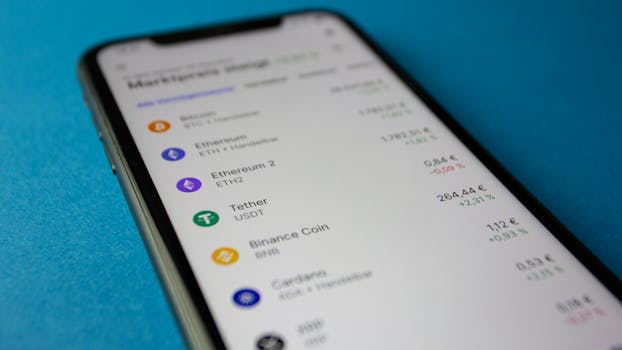
Navigating the Future: Emerging Trends in Fintech Technology
Fintech technology is revolutionizing the way we think about finance, and it’s essential to stay ahead of the curve to remain competitive. Fintech, or financial technology, refers to the use of technology to improve and automate financial services. From mobile payments to cryptocurrency, fintech has already made a significant impact on the financial industry.
Introduction to Fintech

Fintech has been around for several decades, but it has gained significant traction in recent years. The term ‘fintech’ was first coined in the 1990s, but it wasn’t until the 2000s that the industry started to gain momentum. Today, fintech is a global phenomenon, with companies like PayPal, Stripe, and Square leading the charge.
Emerging Trends in Fintech

So, what are the emerging trends in fintech that you need to know about? Here are some of the most significant trends shaping the future of finance:
- Artificial Intelligence (AI): AI is being used to improve customer service, detect fraud, and optimize financial operations. Chatbots, for example, are being used to provide 24/7 customer support, while machine learning algorithms are being used to detect and prevent fraudulent transactions.
- Blockchain: Blockchain technology is being used to create secure, decentralized, and transparent financial systems. Blockchain-based platforms are being used to facilitate cross-border payments, trade finance, and other financial transactions.
- Internet of Things (IoT): The IoT is being used to connect devices and enable new forms of financial transactions. For example, smart home devices can be used to make payments, while wearables can be used to track expenses.
- 5G Networks: The rollout of 5G networks is expected to have a significant impact on the fintech industry. With faster data speeds and lower latency, 5G networks will enable new forms of financial transactions, such as instant payments and real-time settlements.
- Quantum Computing: Quantum computing is being used to solve complex financial problems, such as risk management and portfolio optimization. Quantum computers can process vast amounts of data at incredible speeds, making them ideal for complex financial calculations.
Applications of Fintech

Fintech has a wide range of applications, from mobile payments to investment platforms. Here are some of the most significant applications of fintech:
- Mobile Payments: Mobile payments are becoming increasingly popular, with companies like Apple, Google, and Samsung offering mobile payment solutions.
- Digital Wallets: Digital wallets, such as PayPal and Alipay, are being used to make online payments and transfer funds.
- Investment Platforms: Investment platforms, such as Robinhood and eToro, are being used to invest in stocks, bonds, and other assets.
- Cryptocurrency: Cryptocurrency, such as Bitcoin and Ethereum, is being used to make payments and transfer funds.
- Peer-to-Peer Lending: Peer-to-peer lending platforms, such as Lending Club and Prosper, are being used to lend and borrow money.
Conclusion

In conclusion, fintech technology is revolutionizing the way we think about finance, and it’s essential to stay ahead of the curve to remain competitive. By understanding the emerging trends in fintech, you can navigate the future of finance with confidence and take advantage of the many opportunities that fintech has to offer.





